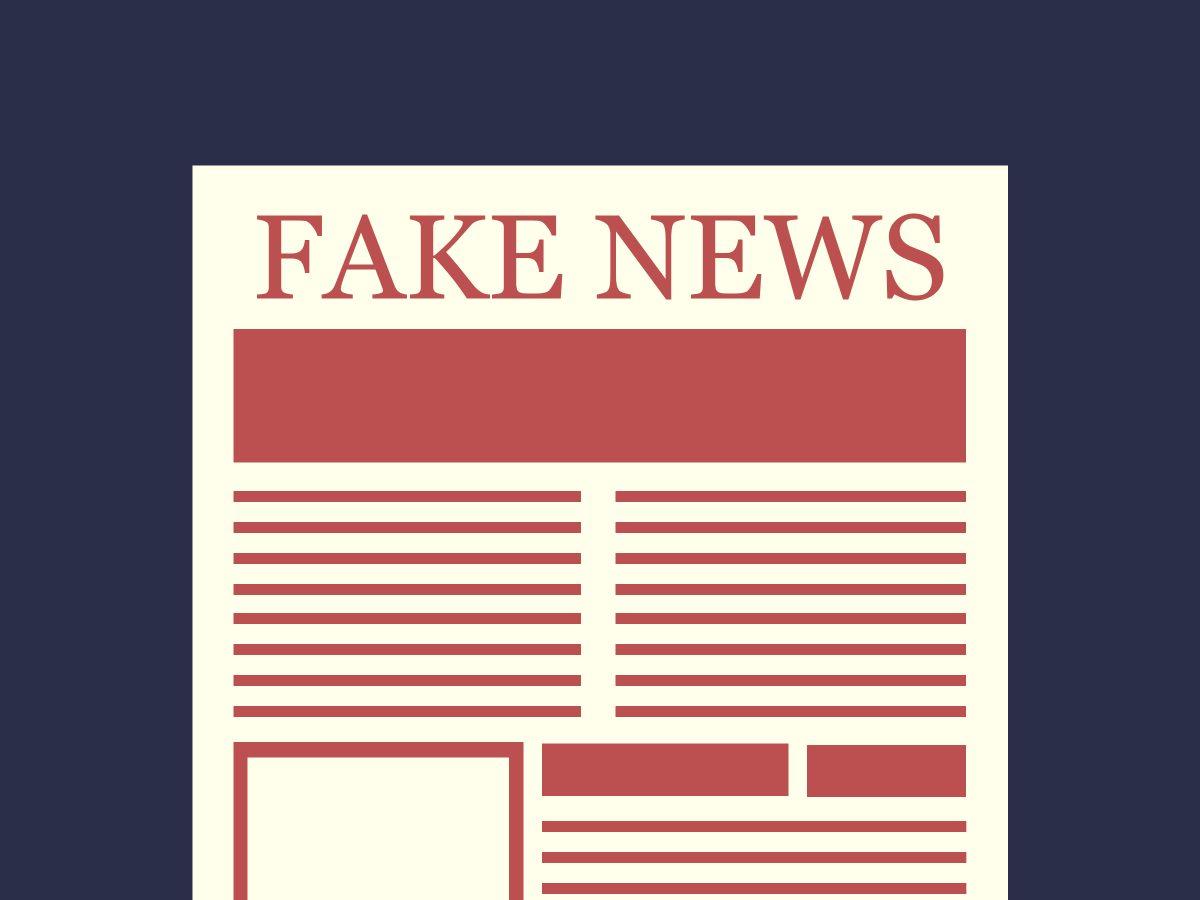Tanner Smith is a freshman communication and political science major at MU. He is an opinion columnist who writes about politics and other current events for The Maneater.
Fake news — those two words have become synonymous with both media and politics as a whole. Whether that be misinformation through social media or other websites, there is no shortage of places to aquire “fake news.” Although fake news has become a major problem, it is important to not paint with too broad of a stroke, making sure not to demonize media outlets that are reporting the truth.
For starters, what is fake news? Fake news is news that has been deliberately made up or altered in a way that typically pushes some sort of political or social agenda. With the creation of the internet, fake news has become significantly more prevalent, but the 2016 election is where it truly began to take hold. According to a study by Ohio State University, “fake news most likely did have a substantial impact on the voting decisions” of some key subsets of the population. Although that by no means says fake news was the only thing to determine that election, it certainly had an impact.
This is not an isolated incident though. According to the BBC, “there are hundreds of fake news websites out there, from those which deliberately imitate real life newspapers, to government propaganda sites, and even those which tread the line between satire and plain misinformation.” This creates a potentially dangerous mix of what content is accurate and what is misinformation.
It is no wonder that the American people have an increasing distrust in the media. In fact, the trust in national news organizations has fallen from 76% in 2016 to 58% in 2021 according to the Pew Research Center. The divide is even more pronounced for Republicans. While in 2016 70% of conservative leaning individuals trusted the national media, that number has dropped to 35% in 2021.
Although it is easy to see why people have had larger distrust in the media, the effects of this are quite negative. While fake news is on the rise, it makes the importance of reputable media that much more important, which is something that is currently being undermined. This has created a dangerous trend: trusting politicians over journalists. Instead of putting faith in well-researched and well-sourced stories, people are too often willing to trust the words — which typically confirm their pre-held beliefs that politicians say.
Why is reputable media being lumped in with fake news? The answer: Donald Trump. Although it is an over-exaggeration to say that Trump is the only cause for fake news, his work to discredit mainstream media was a staple of his presidency. In fact, Trump even went as far as to say that he works to “demean” and “discredit” the press in order to keep the general populous from believing “negative stories” about him.
This in turn created a culture that demonizes journalists and the media in general. Especially among Trump supporters, they have been taught to refuse more mainstream news, instead being sent to more slanted sites that push a politician’s political agenda. Whether that be Infowars, One America News Network or Trump’s new social-media platform, Truth Social, I’m sure there will be a lot of truth there. Biased forms of news, with often less factual reporting, have become the norm for far too many people.
For a more local perspective, take the case of Missouri Gov. Mike Parson and the St. Louis Post-Dispatch. According to NPR, the Post-Dispatch discovered flaws on the government’s website “that made the Social Security numbers of teachers and other school staff ‘vulnerable to public exposure.’”
This made it possible for a data breach that could have allowed for large amounts of data to be stolen had these flaws not been caught. While this is clearly something of great public concern, Parson took a much different approach to handling this information. Instead of thanking the newspaper for their act of public service for finding this potentially dangerous breach, Parson instead characterized the paper’s actions as “hacking,” placing the blame on the media instead of a flaw in the government. This is important journalistic work being seen as a threat because it doesn’t fit a predetermined narrative Parson approves of.
This reveals a broader trend: blaming and demonizing the media as a way to deflect blame from things that would cast a politician in a poor light. While the increase in fake news is without question a major problem, it is important to not let it foster distrust in the media as a whole, making it important that people discern between what is fake news and what is political posturing.
This is why it is vital to trust journalists and well-researched sources when it comes to news. Too often, politicians have ulterior motives that make telling the truth less appealing, something journalists don’t have to deal with. And while it is definitely true that the media has some bias — especially from many sources that politicians prop up — the media as a whole is as unbiased as it gets, and deserves to be trusted over politicians.
The Maneater encourages all readers to commit to the fight for women’s rights and donate to Planned Parenthood. “At Planned Parenthood our mission is to ensure all people have access to the care and resources they need to make informed decisions about their bodies, their lives, and their futures.”
Edited by Sarah Rubinstein | [email protected]













